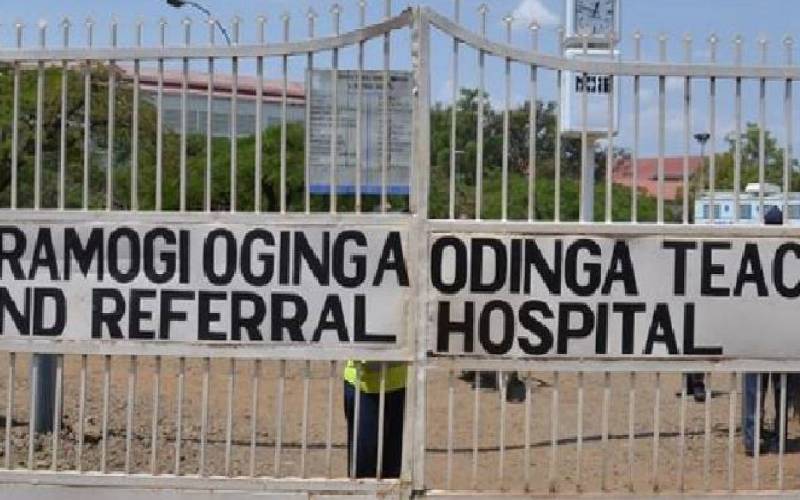×
The Standard e-Paper
Home To Bold Columnists
 The construction of safe houses for survivors of gender-based violence in Kisumu that began four years ago, gobbling up Sh13 million, has stalled.
The construction of safe houses for survivors of gender-based violence in Kisumu that began four years ago, gobbling up Sh13 million, has stalled.
The project has remained a pipe dream despite rising cases at the Gender-Based Violence Recovery Centre (GBRC) domiciled at the Jaramogi Oginga Odinga Teaching and Referral Hospital.